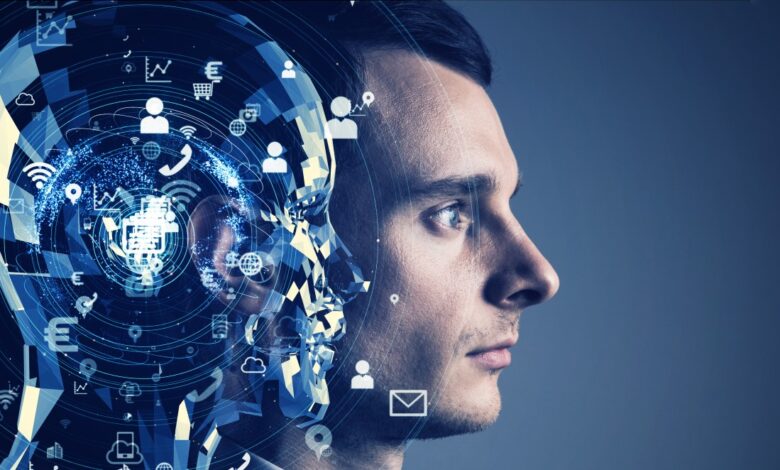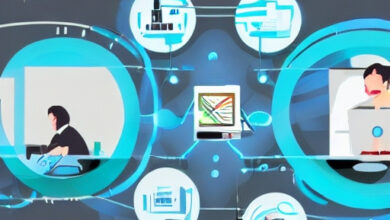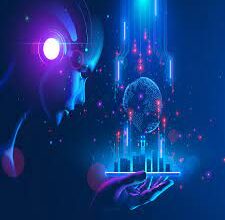AI’s Impact on the Workforce: Redefining Jobs and Responsibilities.

The idea that future versions of ChatGPT could replace a majority of the work people do today is both intriguing and controversial. While it’s true that AI technologies have the potential to automate many tasks, there are several important considerations to keep in mind.
Firstly, automation doesn’t necessarily equate to job replacement. Instead, it often leads to a transformation of job roles. As AI takes over routine and repetitive tasks, human workers can focus on more creative and complex aspects of their jobs, leading to increased productivity and job satisfaction.
Moreover, the integration of AI into the workforce raises ethical and societal concerns. It’s essential to ensure that AI is used to augment human capabilities rather than replace them entirely. This means establishing regulations and guidelines that prioritize ethical AI development and deployment.
Additionally, some jobs rely heavily on human empathy, creativity, and intuition, which are challenging for AI to replicate fully. Fields like healthcare, education, and art, for instance, require the unique human touch that cannot be replaced by machines.
In conclusion, while AI, including future versions of ChatGPT, will continue to revolutionize the workplace, the notion of complete job replacement is complex and multifaceted. The focus should be on collaboration between humans and AI to create a more efficient and equitable future of work.



